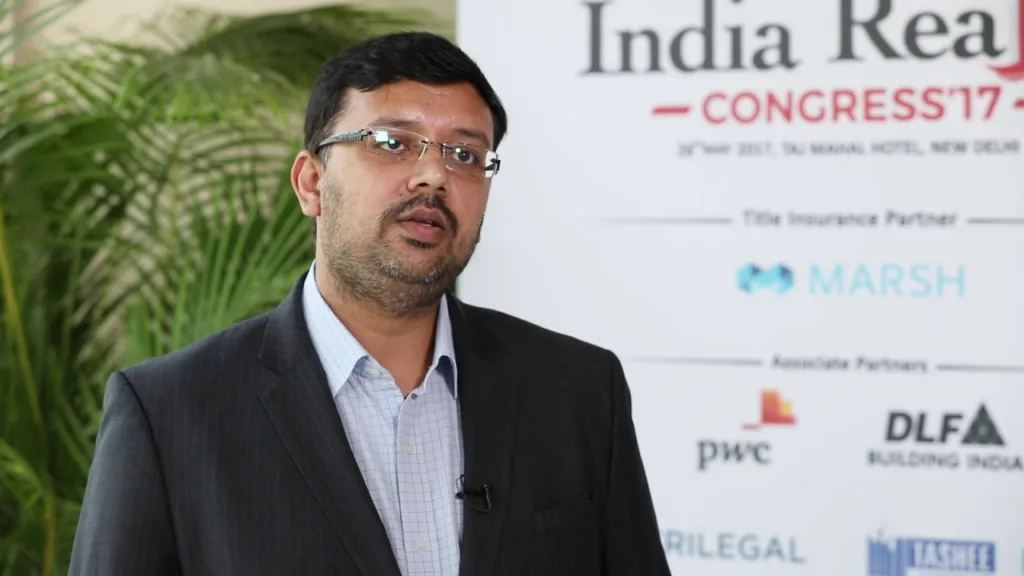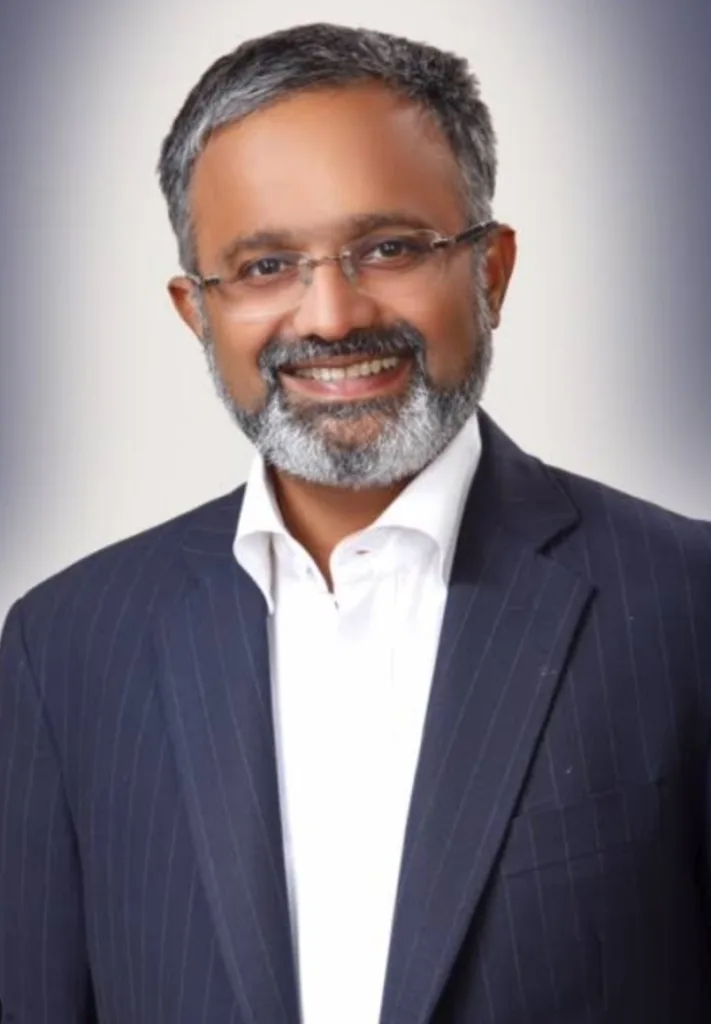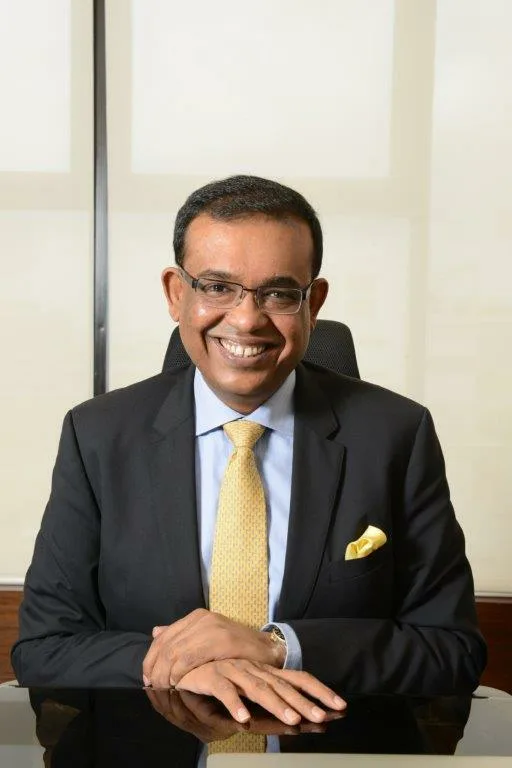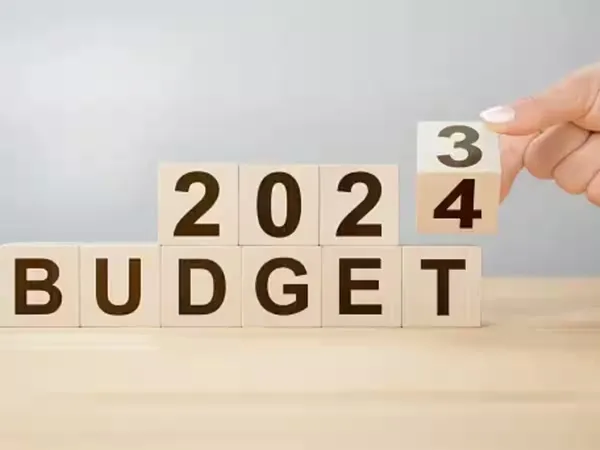Interim Budget 2024-25 was presented today (February 1, 2024) at 11 am in Parliament by the Finance Minister Nirmala Sitharaman . This budget holds particular significance as it marks the final one for this Government before the upcoming General Elections, slated to occur between April and June this year.
The government is focused on improving conditions for the poor, women, youth and farmers, Ms Sitharaman said in her Budget 2024 speech, setting the tone for welfare schemes to be announced in these areas.
“When the poor become empowered partners in the development process, the government’s power to assist them also increases manifold,” the Finance Minister said while presenting the 2024 Interim Budget in Lok Sabha.
- 50-year interest-free loans of Rs 75,000 crore to be extended to states
- Tax Refunds made faster, Processing time of tax returns reduced from 93 days in FY14 to 10 days
- Govt to raise Rs 14.13 lakh crore for market by issuing dated securities during 2024-25.
- No changes in tax rates for direct and indirect taxes, including import duties.
- Govt to withdraw old disputed direct tax demands up to Rs 25,000 till FY2009 and Rs 10,000 for 2010-11 to 2014-15.
- 40,000 normal rail bogies will be converted to Vande Bharat to enhance the comfort of passengers.
- Ayushman Bharat, Health care cover to be extended to all ASHA workers, all Anganwadi workers and helpers.
- Govt to encourage EV ecosystem for supporting charging infra; e-buses for public transport network to be encouraged.
- Tax benefits for startups, investments made by sovereign wealth, pension funds to be extended to March 2025.
- FY24 fiscal deficit seen lower than target at 5.8% of GDP; pegged at 5.1% in FY25 with aim to reduce it to 4.5% by FY26.
- Success of self-help groups empowered 1 crore women to become “Lakhpati didis”, government says while presenting Budget 2024.
- Government to build 20 million affordable houses in the next five years, to add to the 30 million houses built already.
- Government will invest significantly in the tourism sector in the country.
Post budget reactions from Industry Experts
Piyush Bothra, Co-Founder and CFO, Square Yards

The government’s announcement regarding the construction of an additional 20 million homes under the Pradhan Mantri Awas Yojana- Rural (PMAY) underscores its commitment to promoting inclusivity and ensuring ample living accommodations for all. This initiative is poised to significantly elevate housing standards in rural areas, catalyzing growth in the housing sector within these regions. Furthermore, the pledge to introduce a housing scheme specifically catering to deserving sections of the middle class, currently residing in rented houses, slums, chawls, or unauthorized colonies, represents a significant stride towards providing a sense of security and pride. Enabling these individuals to purchase or build their own homes not only fulfills their dreams but also contributes to fostering a stronger and more resilient community.
Mr. Pradeep Aggarwal, Founder & Chairman, Signature Global (India) Ltd.

Finance Minister underscored the government’s recognition of the significance of homeownership. In a notable announcement, the FM stated a housing scheme would announce soon targeting the middle class, extending to those residing in rented houses with the aim of facilitating the construction or purchase of their own homes. This initiative is expected to revitalize the Mid housing & Affordable housing sector.
Moreover, with the economic scenario improving and the average real income of individuals witnessing a 50% increase, optimistic expectations abound for the real estate sector to thrive across all segments.
An additional favorable development is the government’s unwavering focus on infrastructure development, reflected in the 11.1% increase in the outlay for infrastructure. The government’s ambitious goal of transforming India into a ‘Viksit Bharat’ by 2047 is poised to create a conducive environment for the expansion of the overall economy and the real estate sector as well.”
Mr. Badal Yagnik, Chief Executive Officer, Colliers India

The Interim budget was laid on the premises of infrastructure, housing, green energy initiatives and innovation, setting up the foundation for a 6-7% sustained GDP growth in the next few years. The unwavering commitment to infrastructure development stands as a cornerstone for fostering economic growth, extending tangible impact on the real estate sector in the longer run. The strong 11.1% YoY increase in infrastructure outlay to over INR 11 lakh crore signals a steady and significant wave of upcoming developments and opening of vast opportunities for all stakeholders including real estate. The continued emphasis on green growth, particularly through the promotion of electric public transport and charging infrastructure development, further positions India on the path of sustainable and environmentally conscious real estate development. At the same time, the government’s persistent emphasis on affordable housing unveils a myriad of opportunities for residential developers, as they position themselves to make substantial contributions, aligning with the broader vision of inclusive and accessible living. Amid positive market synergies in the form of stable interest rates, attractive incentives and increased affordability, domestic investors too are likely to resonate upbeat confidence towards all real estate segments.
Mr. Shrinivas Rao, FRICS, CEO, Vestian

In line with India’s goal to be a developed nation by 2047, the Interim Budget 2024-25 aimed at holistic development with a focus on core areas of the economy. The budget aimed to increase revenue and decrease borrowings by keeping the fiscal deficit at 5.1% for 2024-25, adhering to the long-term target of 4.5% by 2025-26. The revised estimates of fiscal deficit also improved to 5.8% of GDP in 2023-24 compared to the last budget estimates. The budget focused on the development of agriculture & food processing, skill development, women empowerment, sustainable development, healthcare, infrastructure development, tourism, and housing sectors.
Infrastructure outlay increased by 11.1% to INR 11.11 lakh crore which would be 3.4% of the GDP. This will indirectly infuse growth in the real estate sector. Furthermore, a boost in sustainable development is expected to catalyze the momentum of green development across the country, including the real estate sector. The construction sector and hospitality industry were also in focus with several announcements in the budget.
Mr. Amit Goyal, Managing Director, India Sotheby’s International Realty

The Finance Minister’s Budget 2024 speech was both positive and encouraging, shedding light on the reasons behind economic growth, including the robust demand in the real estate sector, particularly in the high-end and luxury segments. The government’s focus on affordable housing, with the announcement of a special scheme for those living on rent, is anticipated to contribute to the overall growth of the real estate sector.
The proposed scheme will contribute to more housing developments in the country, boosting the real estate landscape to newer heights. Moreover, with new financing and entrepreneur-friendly policies, India will witness more people becoming high-net-worth individuals, hence more likely to invest in real estate.
The FM articulated that people are experiencing improved living standards and enhanced earnings, coupled with heightened aspirations for the future. She also mentioned that the average real income of individuals has witnessed a substantial increase of fifty per cent, and inflation has remained moderate.
People have been empowered to pursue their real estate aspirations through the effective and timely delivery of programs and large-scale projects. The FM expressed optimism, anticipating the continuation of this trend, projecting the next five years to be a period of unprecedented development in India.
Mr. Kalyan Chakrabarti, Emaar India

The budget is extremely positive and it resonates well with, the emphasis on uplifting the unprivileged, women’s empowerment, youth and farmers reflects a vision of inclusive growth. It’s a sign of strong strides being made by India, as provision for housing, particularly the continuation of the PM Awas Yojana Rural. The diverse housing needs across income segments has been a priority of the government and we are optimistic about the steps that will be taken towards providing housing for middle class will be robust. This will not only support the humble middle class but shall also foster improvement social indices like health and hygiene, safety and security etc, while stimulating economic growth through increased homeownership. The focus on infrastructure development, including projects in tourism and transportation, bodes well for our nation’s future.
The emphasis on education, skill development, and employment opportunities will aid in securing the country’s future and shall also fuel innovation and growth across sectors. We look forward to leveraging the array of opportunities in the digital transformations and contributing to India’s journey towards Viksit Bharat.
Mr. Narinder Mittal, Country Manager & Managing Director – Agriculture Business, CNH India & SAARC

The Interim Budget has reinforced the upliftment of farmers with the continuation of PM Kisan Samman Yojana, which annually extends direct financial assistance to a substantial 11.8 crore farmers. The focus on oilseed production and processing marks a significant stride in reducing import dependency while creating new avenues for the growth of the agricultural community. Additionally, the expansion of the crop insurance scheme to benefit 40 million farmers will enhance resilience against unforeseen risks.
Moreover, the allocation of financial assistance to support the procurement of biomass aggregation is a commendable move. Encouraging farmers to participate in the bioenergy supply chain not only promotes sustainable agricultural waste management but also opens up new opportunities for income generation. This will catalyze the demand for cutting-edge farm machinery and crop management solutions, facilitating the adoption of modern farming practices powered by cutting-edge technologies. The decision to further promote private and public investment in post-harvest activities will help the agricultural ecosystem in India to flourish, encompassing every stage of the value chain, from production to market. Overall, we believe these initiatives will play a pivotal role in driving the agricultural sector towards prosperity and resilience.
Mr. Shalabh Chaturvedi, Managing Director, CASE Construction Equipment, India & SAARC

With the decision to increase Capex by ~11% to ~₹11 lakh crore, representing 3.4% of the GDP, for the fourth consecutive year, the government is reinforcing their focus on sustainable long term growth, enhancing the nation’s infrastructural backbone. The introduction of the three major railway corridors and the expansion of airport facilities in the country is a welcome move in the direction of improving logistics as a GDP growth lever. Key rail infrastructure projects, including Metro Rail and Namo Bharat, expanding to more cities, convey a clear emphasis on connecting rural to urban Bharat. Furthermore, new initiatives to improve port connectivity, infrastructure, and facilities will open up opportunities for job creation while boosting tourism. It is a well-rounded budget that demonstrates the government’s continued emphasis on important sectors.
Shri. Umesh Chowdhary, VC & MD, Titagarh Rail Systems Ltd.

Titagarh is ready to embrace the transformative vision in this year’s interim budget! Prioritizing people, the focus on railway corridors and PM Gati Shakti projects is a significant stride towards a developed India by 2047. Converting 40,000 rail coaches to Vande Bharat standards ensures comfort, convenience, and safety. ‘Naya Viksit Bharat’ travel sets a new paradigm, aligning with the vision of a reliable and updated transportation network.



